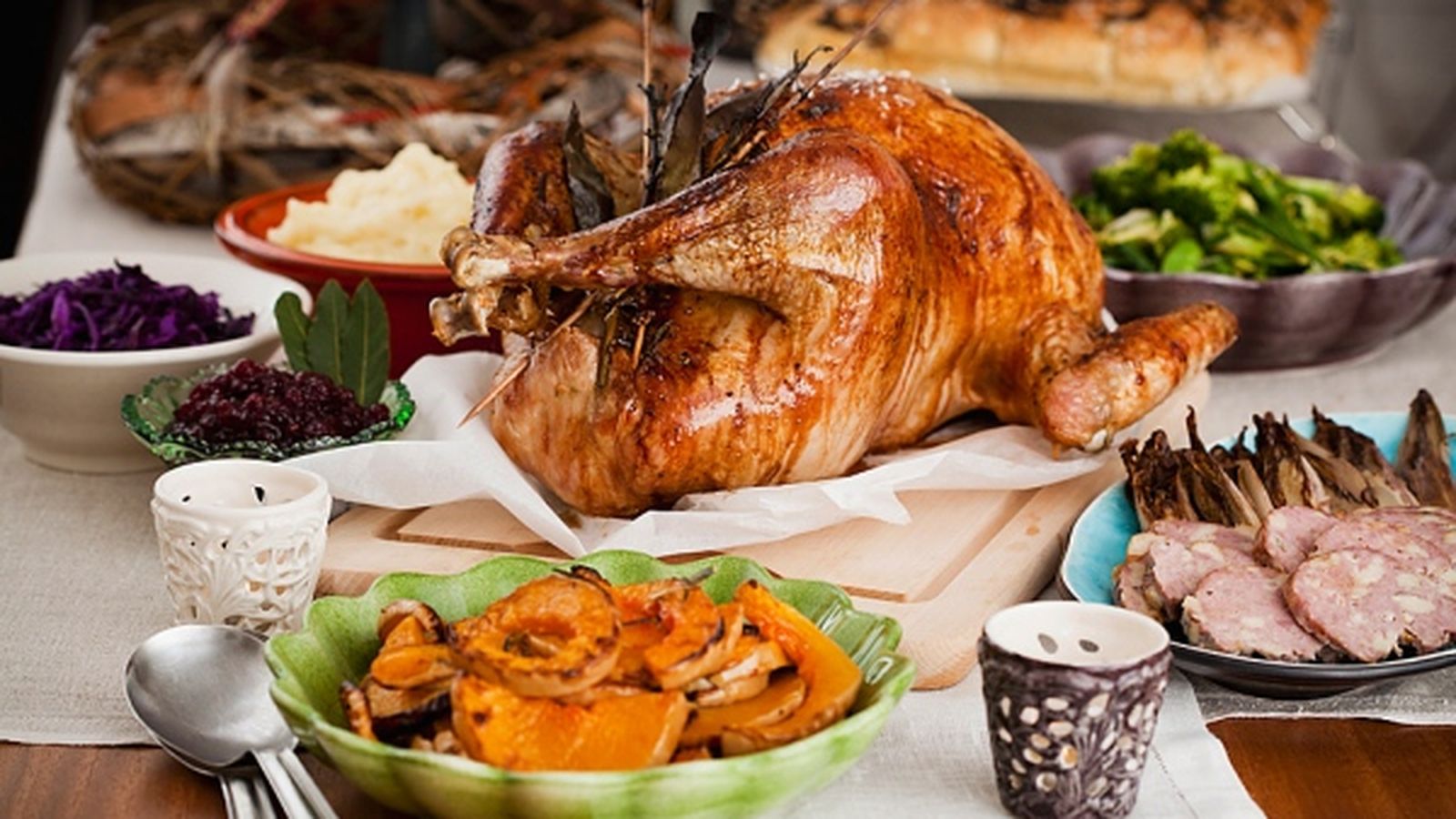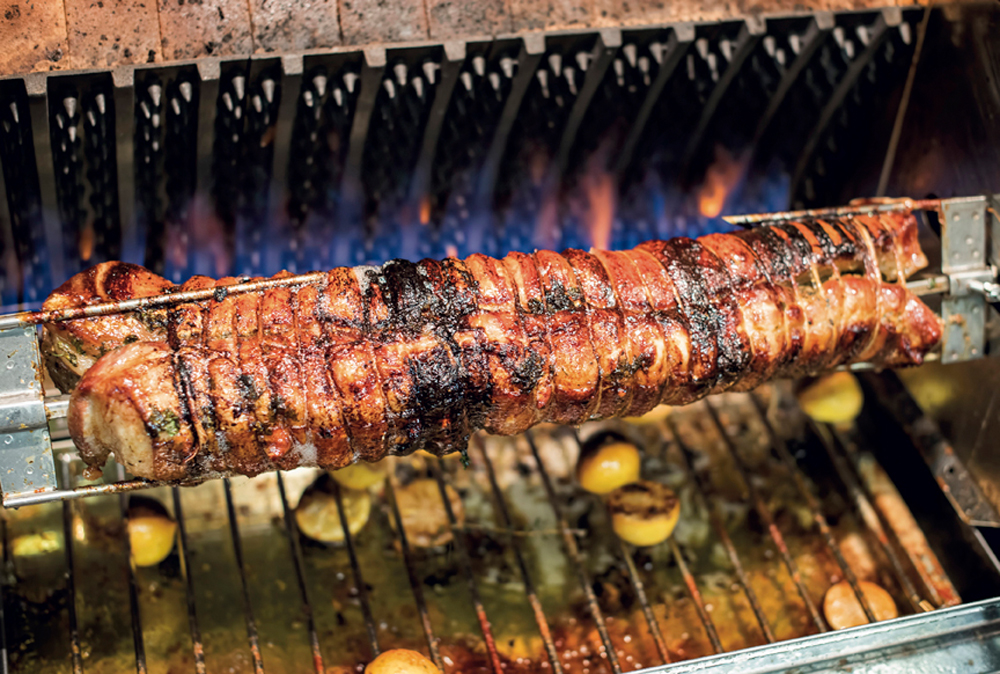Welcome to my very first ever confession of cluelessness. I’ve never had a reason to poach an egg, and so I never even took the time to learn. “Poaching an egg” is one of those things I’ve had swirl around me here or there, always skirting the edge of my consciousness or atop toast, but I never knew what the technique was.
I always kind of envisioned the obvious joke of hunting easter eggs out of season— or maybe hunting eggs in other family’s yards. As my good friend pointed out, it probably involves “sneaking onto the land of nobility…” My wild imagination envisions turf wars where I terrorize the neighborhood egg hunt while wearing fine Easter lace and stockings, fleeing with a horde of wild dyed eggs and laughing maniacally before posting victory photos to social media. The more realistic side of me forced to cooperate with civilized society was pretty sure that’s not what a poached egg is, so I decided to look it up.
I would never have imagined that poaching is a 7th grade science experiment. I don’t know what I expected, but it’s cooking an egg in water so the egg white cooks into a pouch around the still runny yolk. It seemed to me something you might witness in the Middle Ages and suspiciously cry “witchcraft!” But encyclopedia.com says that poaching was widespread in the ancient world. One of the earliest cookbooks — Roman Apicius’s “De re Coquinaria” (ca. A.D. 900) — mentions poaching with ingredients like anchovies, sea urchins or even brains. Enlightened with this history, I felt a new sense of duty to not let the human race down by being unable to do something homo sapiens have been doing for thousands of years. With all that pressure weighing on my shoulders, I found myself filled with plenty of anxiety. But, I figured if those people could poach — and eat — calf brains, I could at least attempt a poached egg.
Before you start spewing “I can’t believe its” over my lack of experience, I ask you to hold your judgments for what I’m about to reveal. Amidst magazine and other derby duties, I was especially overwhelmed by the thought of mad rushed poach trials. Dreading potential poach failure, I stood in the shower yesterday, eating a lone orphaned raspberry and lemon popsicle (left for dead in the freezer when my roommate moved to Tennessee) as I pondered the various poach techniques I had researched.
In further procrastination, I posted to Facebook with curiosity about how many know how to do this.
“Does anyone know how to poach a @$#@ egg?? Thumbs up if yes, sad face if no and angry face if you are just an egg bigot and this post offends you.”
To my surprise, of the 129 immediate responses: 101 people knew how; 18 didn’t; one person “loved” my post. There were five egg bigots amongst my friends, and six people who just laughed mercilessly at me — I should obviously be more selective in recognizing good eggs to hang with.
Great. So, lots of people know how to do it. I guess I really should learn. Suggestions poured in with techniques. A few people suggested adding vinegar to the water. I would rather travel back in time to be the official taste tester of Apicius’s brains and sea urchins before I would ever consider the risk of a vinegar flavored egg. Ew. No. Bad.
Hoping for expert advice, I reached out to a few chefs. My good friend, Richard E. Darshwood is a chef and a magician who also hosts and performs at events called “Magic, Dinner, & Bourbon” where he combines fine dining cocktails with prestidigitation, so I figured he would be the perfect person to help me master this kitchen wizardry. He pretty much indicated that he liked to cook anything BUT poached eggs. When asked for his favorite way to use poached eggs, Paul Skulas — once of Portage House and now Couvillion fame —responded with “To have someone else do it…” However, sous chef Jess Inman over at Lou Lou Food + Drink told me, “I used to work with Daniel Orr at Farm in Bloomington, and we made this wood fired breakfast pizza that had pesto, fresh ground mozzarella, bacon and poached eggs on top, and when you cracked that egg over the pizza – man, it was so good.”
That sounds amazing, but only one in three chefs had something positive to say about poaching eggs? Those odds did not beat my egg frets.
I finally decided to relax and play. I set the stove with several pots of simmering water and the counter with a bucket full of eggs. I’m so glad I decided to live broadcast it on my Facebook, so others could advise and lead me from failure into success. After a couple fails, local foodie Eric Cooper told me to slow down while swirling the water, giving me my first slight success, but I wanted a thicker white pouch. I about cried when people kept suggesting vinegar, but Louisville to Chicago Chef transplant Kevin Harp suggested adding a spoonful of bourbon to the water instead. That’s exactly what I needed to hear! Not only did it work like a charm, it was a great excuse to break out the “Kentucky Juice” in the middle of the day!
Maybe it was the bourbon I “had” to taste test, but after a couple successes, it was time to let my artistic child play. I was curious what would happen if I added food coloring to the egg first. Without thinking, I grabbed the closest tube and squeezed red dots into the egg. I immediately exclaimed to viewers,”Oh no; that was a horrible idea!” It looked like a murder scene. I quickly added blue dots and then dropped it into the pot. The result was a beautiful blue, red, and purple tie dyed poached egg. It gave me the strangest satisfaction to cut into it and see the golden yellow come pouring out in contrast. It was like Mardi Gras on a plate.
Within an hour or so, I managed to master poaching eggs. As usual, all that anxiety was for nothing. Lots of people were willing to hold my hand. I found a new victory in life, and I learned that I agree with Chef Skulas. I’ll have my poached eggs à la someone else. I’ve got too many other things to learn from our city’s many experts to be a little less clueless. You bring the expert. I”ll bring the sauce (sass).

























